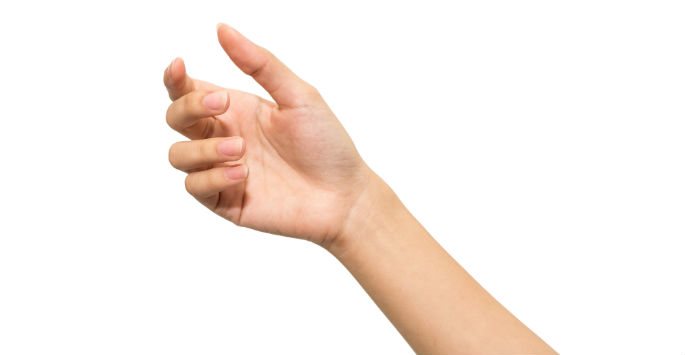If you’ve injured your wrist through a fall or while competing in sports, you may be unsure whether the bones are broken. A Colles’ fracture, which affects the larger bone in the forearm by the wrist, is the most common type of broken bone. This injury most commonly occurs when falling onto an outstretched hand, often during an activity like skateboarding or in-line skating, or in a car accident. Those with osteoporosis are also at a higher risk for wrist fracture. Learn more about the common broken wrist symptoms, when you should seek medical attention, and how this injury may be treated.
Signs of a Broken Wrist
When the wrist or hand is broken, you might experience the following broken wrist symptoms:
- Severe pain that gets worse when moving or clenching the fist
- A swollen or bruised appearance
- Tenderness when touched
- A bent or deformed appearance
- Stiffness or limited range of movement
- Numbness
If you’ve injured your hand and develop those symptoms, see our doctor right away. Delayed treatment for a broken wrist can lead to complications such as decreased grip strength and range of motion, osteoarthritis, or nerve damage.
Treatment for a Broken Wrist
Before addressing the broken wrist symptoms, it is important to first diagnose the issue. To diagnose a broken wrist, our doctor will perform a physical examination of the injury and take an X-ray. If the bones are displaced, he will realign them. The hand will then be held in place with a splint or cast while the broken wrist bones heal. Our doctor will likely recommend over-the-counter medications for discomfort. Physical therapy may eventually be necessary to restore a normal range of motion and reduce stiffness.
Severe breaks may require surgery to hold the bones in place with specialized tools and techniques. This is often the case in fractures where the skin is broken, the bones are likely to move before healing occurs, the surrounding nerves or ligaments are damaged, or the joint is affected.
To facilitate healing, follow our doctor’s instructions. Quit smoking if necessary since it can delay bone healing and decrease bone strength.
When you’re experiencing broken wrist symptoms, the best thing that you can do for yourself is schedule a consultation at Arora Hand Surgery, with offices in Howell, Warren, West Bloomfield, and Macomb. Contact us today to book an appointment and learn about your available treatment options.
















